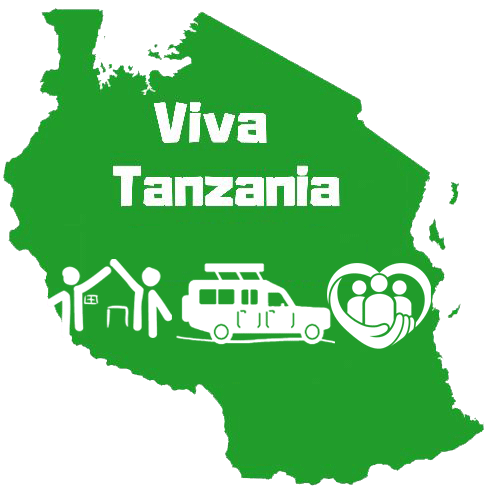The dream of many animal loving volunteers is to travel abroad and work with wildlife in
need. These volunteers want to see exotic animals up close and personal, and they
mistakenly believe that all sanctuaries take a genuine interest in the welfare of their
animals.
Unfortunately with the increase in volunteer tourism, wildlife in many African nations has
become a victim of the industry and the unethical practices of some volunteer operators.
The density and diversity of wild animals is higher in Africa than anywhere else in the
world. Nature here is relatively untouched, and there is often no need for human
intervention. Many wildlife sanctuaries are not necessary. Injured animals die, abandoned
pups starve to death, it is survival of the fittest as the strong thrive but the weak are left
behind. It may seen cruel to us, but it is the circle of life in nature, and humans have no
place in this system.
However there are situations where humans are responsible for wild animals being injured,
for example, through car accidents, poaching, toxic substances, traps or abandoned exotic
pets or animals used in performances. In such cases it is ethical for humans to intervene
to save these animals. And that usually happens through wildlife sanctuaries.
Generally these sanctuaries fall into two categories: those which genuinely help injured
wildlife and those in which the animals are used for commercial purposes.
A rescue center that removes injured animals from their habitat in order to treat them will
reintroduce the animal to it’s natural habitat as quickly as possible. In order to do this the
center will never offer direct contact between humans and the rescued animal. These
animals need to stay undomesticated, which is essential for survival after being released
into the wild.
So if a sanctuary allows volunteers to cuddle, play with, walk or hand-feed rescued wild
animals, it is a clear sign they are using their animals for financial gain.
Another sign is the use of specialist staff. If a sanctuary is interested in the welfare of its
animals, it will use trained and experienced staff for important tasks such as the
administration of medication. Unskilled workers would never perform these jobs. For
inexperienced volunteers, this means that their tasks in the project would be background
work such as cleaning, collecting donations and providing organizational support.
Animals can be used to draw in a paying public: some unethical rescue centers collect
considerable sums of money by allowing inappropriate interactions with animals. An
example of this are the “abandoned” baby lions that are kept in many sanctuaries. Often
they are not abandoned at all, the cubs are are taken from their mother a few hours after
birth specifically to draw in volunteers who are eager to bottle feed them. These lions
become so used to humans that they can never be released back into the wild. The tragic
fate of many of these cubs is that as soon as they are too big to bottle feed and cuddle,
they are sold to farms where tourists who like to hunt wildlife pay for the chance to shoot a
lion. These tame lions are perfect for this business as they are not shy of people, and so
they often approach their hunters, not knowing that this time instead of stroking them they
will kill them.
At Viva Tanzania it is our priority to offer sustainable volunteer work and to support meaningful projects that serve the good of the community, the environment and animals.
We are animal lovers ourselves and so understand the desire to get up close with wildlife,
but unfortunately there are many sanctuaries that use unethical animal welfare practices.
These sanctuaries are driven by profit and do more harm than good for the animals in their
care.
If you still want to work with animals, we have a project for street dogs and cats that
always needs help. The project is called Mbwa wa Africa, click here to learn more.
The following article details how to recognize wildlife sanctuaries that are genuinely
interested in the welfare of the animals:
https://www.peta.org/features/real-animal-sanctuary-zoo/
